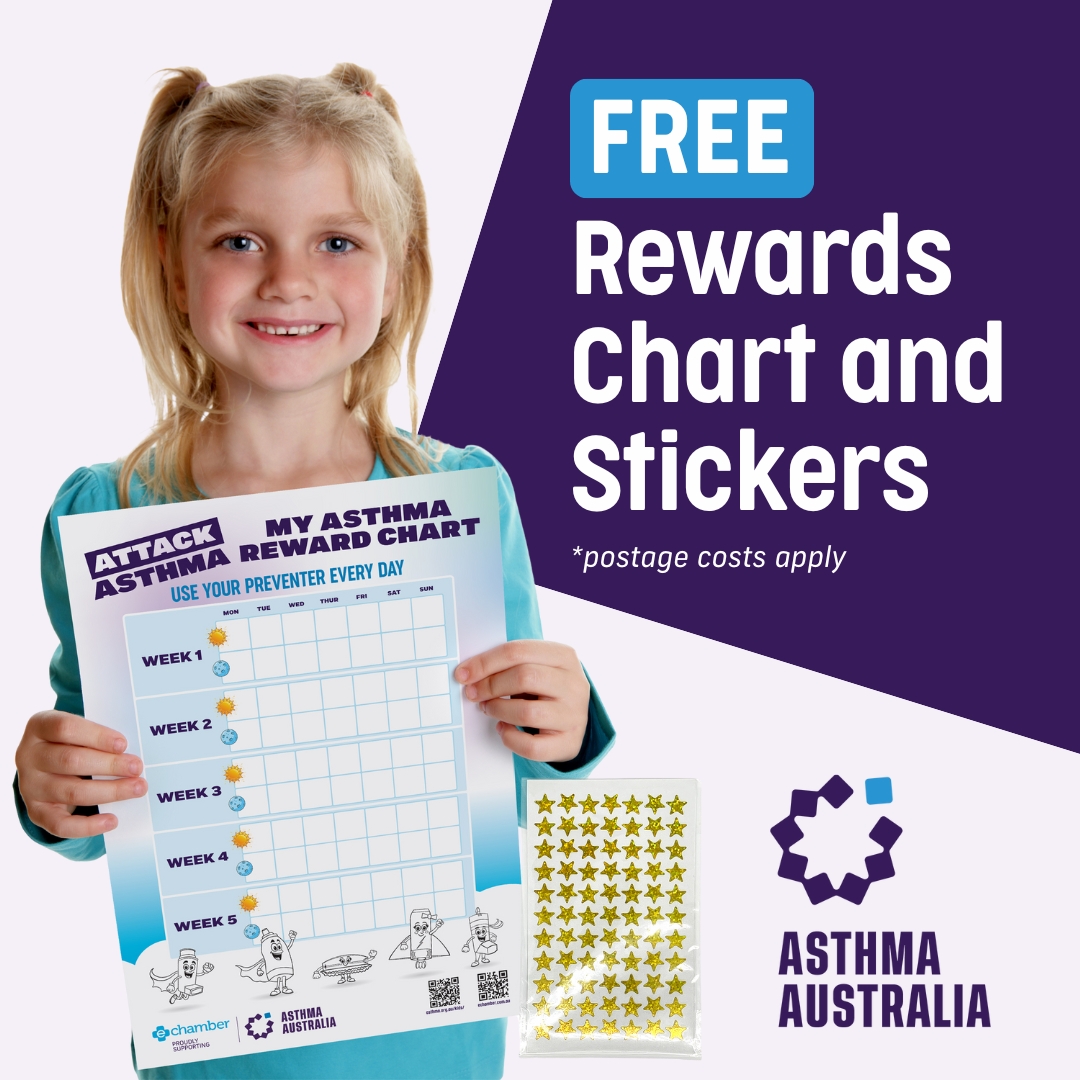Ensuring your school has an air quality plan
As you will know, Australia has suffered a catastrophic start to 2020 with unprecedented bushfires across the country. We know that many people with asthma and their families may be suffering right now and have looked to our organisation to provide leadership, information and support. Part of that role is informing the community about what they can do to protect themselves and their family from the effects of poor air quality and provide guidance in the best ways for them to manage their asthma and prevent flare-ups.
There has been growing concern from parents about what to do with their child when school goes back if the air quality remains poor, and we’ve been fielding questions as to whether or not there are any guidelines for schools for the management of students when air quality is at hazardous levels, and in some cases not suitable for school attendance. Whilst in the past this has not been a large issue, it is an issue that we face today.
We are aware that individual schools may have air quality protocols and processes in place when it comes to the safety of their students, and we commend you for these efforts however, there may be schools looking for some guidance.
With school holidays close to an end, we ask that schools prepare now for what they may face in term one. We know that back to school is ordinarily a high-risk time of year for children with asthma, and for the areas still, we urge you to make the safety of children with respiratory conditions a high priority.
Asthma Australia is working across the education sector to assist in the development of national guidelines and we encourage all schools to take the necessary steps to ensure their extreme weather policies include air quality.
Here are 10 ways to prepare your school
- Develop a poor air quality protocol that links in with your current school emergency response plan which includes the following:
- Monitoring real-time air quality reports to be aware of current conditions
- Understand the air quality score and what levels are not acceptable

- Install a notification process to parents and staff should the air quality be deemed poor to hazardous
- Implement a school closure policy similar to likes of natural disasters and extreme weather such as heat and floods
- Have an evacuation plan, including a section of the school that students can go to in hazardous air quality conditions – where you can close windows and doors to provide clean air shelters
- Educate your teachers on the severity of asthma and enrol them in our free asthma first aid training
- Teachers are made aware of which children in their class have respiratory conditions
- Request Asthma Action Plans be submitted for any student or teacher diagnosed with asthma and obtain all relevant medications from them
- Additionally, make sure that the school has reliever medication and spacers in your Asthma Emergency Kit as backup
- Where possible, install air-conditioning to help filter the air within the room (recycling air within the room not air outside)
- Make changes to your daily school routines i.e. break times indoors rather than outside, this may include adjustments to regular PE lessons and before and after school care activities
- When children are utilising public transport and being escorted by school staff, ensure both teachers and students have a clean air waiting area
- Encourage the use of before and after school care options to ensure your child isn’t waiting outdoors in poor air.
- In poor air quality, adjust plans for sports carnivals, rescheduling or cancelling if poor- hazardous conditions
- Review plan regularly and adjust for effectiveness
How Asthma Australia can assist
At Asthma Australia we help people to breathe so they can live freely. We work with people with asthma, their family and friends, health professionals, researchers, schools and governments. We find the best treatments and practices to make sure life with asthma is the best it can be. Asthma Australia provides education and training to improve the lives of people with asthma.
Call 1800 ASTHMA (1800 278 462) to speak to an Asthma Educator or book a call online.
Training in Asthma First Aid
Asthma Australia provides quality free online training specifically for schools as part of the program. The training is nationally consistent, based on expert advice, and has been informed by education staff.
You will learn about:
- signs and symptoms
- triggers
- medications
- policies
- Asthma Action Plans
- emergency kits
- first aid
For more information and to learn about the range of training options available click here.
Mobile Apps
Asthma Australia has developed three apps to assist people with asthma and their carers. Find out more about why we created each app, how it can help you, and where to download it here.
Asthma in Education eNewsletter
Asthma Australia has a bi-monthly publication targeted towards the education sectors, informing and providing updates, resources and industry information, subscribe here
Additionally, follow us on social media for asthma-related content





 1800 278 462
1800 278 462




